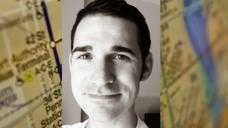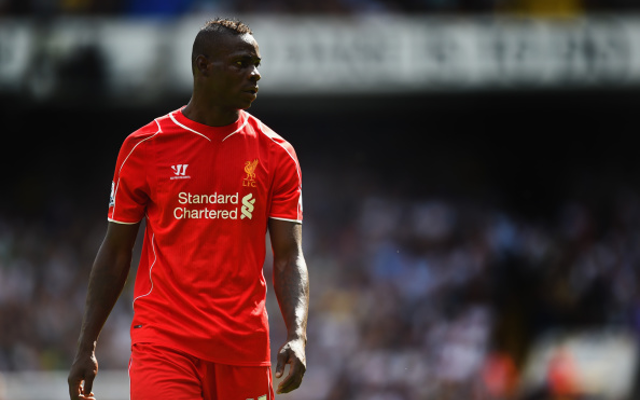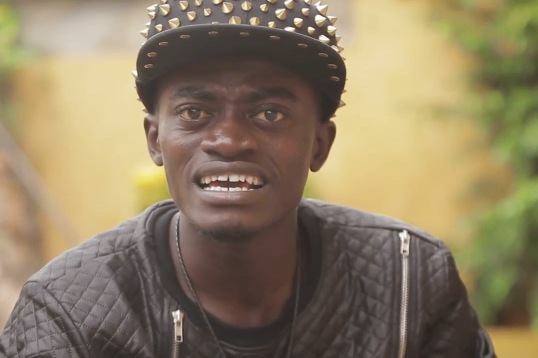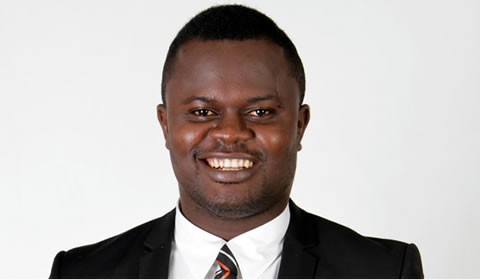US Ebola-Free As Patient Recovers From Virus

|
Getting your Trinity Audio player ready...
|
 The only Ebola patient being treated in the United States has been
The only Ebola patient being treated in the United States has been
cleared of the deadly virus.
Health officials say Craig Spencer, a New York City emergency
department doctor, is scheduled to be released from the hospital
following his recovery.
Mayor Bill de Blasio labelled the 33-year-old a "real hero", saying he
had suffered a lot over recent weeks, but had "come back really
strong".
"I'm sure he's a little weakened from the experience, [but he is]
very, very healthy," he said.
Ebola is not airborne and can only be spread through direct contact
with the bodily fluids of an infected person who is showing symptoms.
But news of Mr Spencer's infection left many New Yorkers alarmed
particularly as it emerged that he rode the subway, dined in a
restaurant and visited a bowling alley in the days before he developed
a fever and tested positive.
In response, a mandatory 21-day quarantine for travellers who have
come in close contact with Ebola patients was announced.
Mr Spencer tested positive for the virus on 23 October just days after
returning from treating patients in Guinea with Doctors Without
Borders.
He was treated in a specially designed isolation unit at Manhattan's
Bellevue Hospital, a designated Ebola treatment centre.
His condition was upgraded from serious to stable last week.
The Ebola epidemic in West Africa has killed around 5,000 people , but
only a handful have been diagnosed or treated in the US.
Bill Gates, co-founder of Microsoft and one of the world's most
generous philanthropists, told Sky News the Ebola crisis needs to be a
top priority.
"Because it's really shut down the health systems in these countries
and if we don't stop this epidemic it will spread to many other
countries and their health systems will shut down," he said.
"We're seeing some progress. The generosity of the UK public is very
appropriate.
"There's a number of tools that could help us; various drugs, the
vaccines being fast-tracked.
"But just simply isolating people early in their sickness, it looks
like in Liberia has helped those numbers, and if we can just get that
in [Sierra Leone and Guinea] that alone could start moving the numbers
in the right direction."





